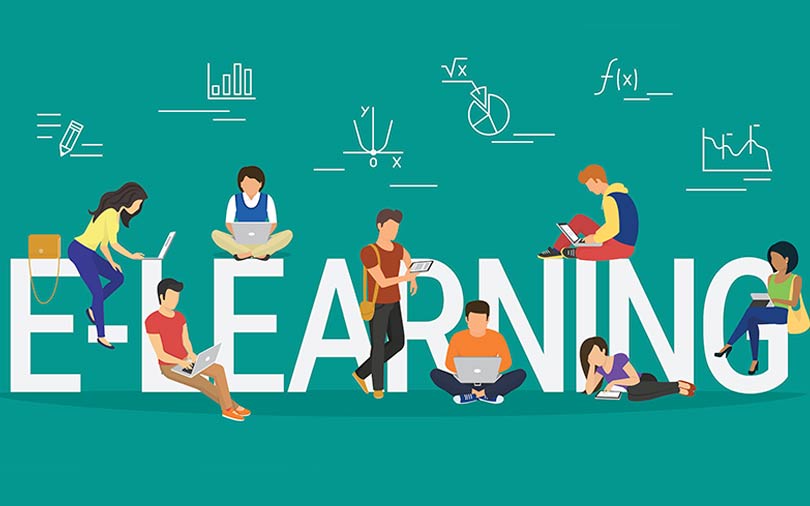What is editing and why you should not be afraid of “play” children
“Edutainment is a neologism that consists of the English words education and entertainment – learning and entertainment at the same time,” says our expert during the Innovative Teachers` Days at the Kyiv State Medical University. – Thanks to editing, elementary school students gain knowledge during games.
For me, ED is not so much fun as passion. Teachers are afraid to use game forms of classes, explaining: “children will shout”, students will be a little relaxed, “Then we will not be able to put them at desks”.
Games against child aggression in elementary school
But if you want to see the result in the form of children’s trust, freedom and flight of thought – teachers must learn to accept play children in the class.

The game helps children:
- Realize that the result depends on them;
- Feel the drive, become more mobile and collected;
- Navigate in time frames;
- To practice the ability to react quickly, train memory and attention;
- Feel the spirit of healthy rivalry;
- Ignite the desire to overcome the circumstances and win.
For editing to take root in the educational process, it is necessary:
Introduce multimedia in learning
The task of a modern teacher is to make the lesson more interesting than the information that the student finds in the public domain on the Internet. This will help the introduction of multimedia in the general education system. The teacher can use all modern advances in science to convey information – not only in text form but also in audio, video format and through animation and interesting presentations.
Immerse students in interactive material
Editing cannot be applied without the bilateral interaction of teacher and student. Children should take an active part in the educational process; perceive it as an exciting quest in search of new knowledge. It is in this format that the child begins to happily check what he has learned, think, invent, think and plan.
Present knowledge as a reward in a role play
The most popular form of interactive learning is role-playing. As a rule, its participants learn to perform the right actions in each specific life situation, which is modeled by the teacher. The method has existed for a long time, but it is rarely used in schools. It’s a pity, but classes in the form of role-playing games are conducted only by literature teachers.
Example of game:
- Write me a wish?
Game
It is best to spend it in summer school camps or at the beginning or end of the school year. If there are many students, you can divide into two circles of 10-15 people each. First, students sit in a circle. Everyone has a sheet that they sign with their name and surname. The task is to pass the card to the right. Thus, the student receives a card from the neighbour on the left, on which he writes a wish or feedback about him or her. The game continues until everyone returns their card.
How it works
The game helps to quickly unite students at the beginning of the new school year or to remember common school moments before the summer holidays. Such accumulation evokes more comfortable and positive associations with learning and the class team. For the most closed students, the exercise will be an additional motivation for change and more active involvement in class life. This is due to written reviews and kind words from classmates.
The game-based learning for the students is the latest concept used by lido learning. The children can learn more innovatively.








